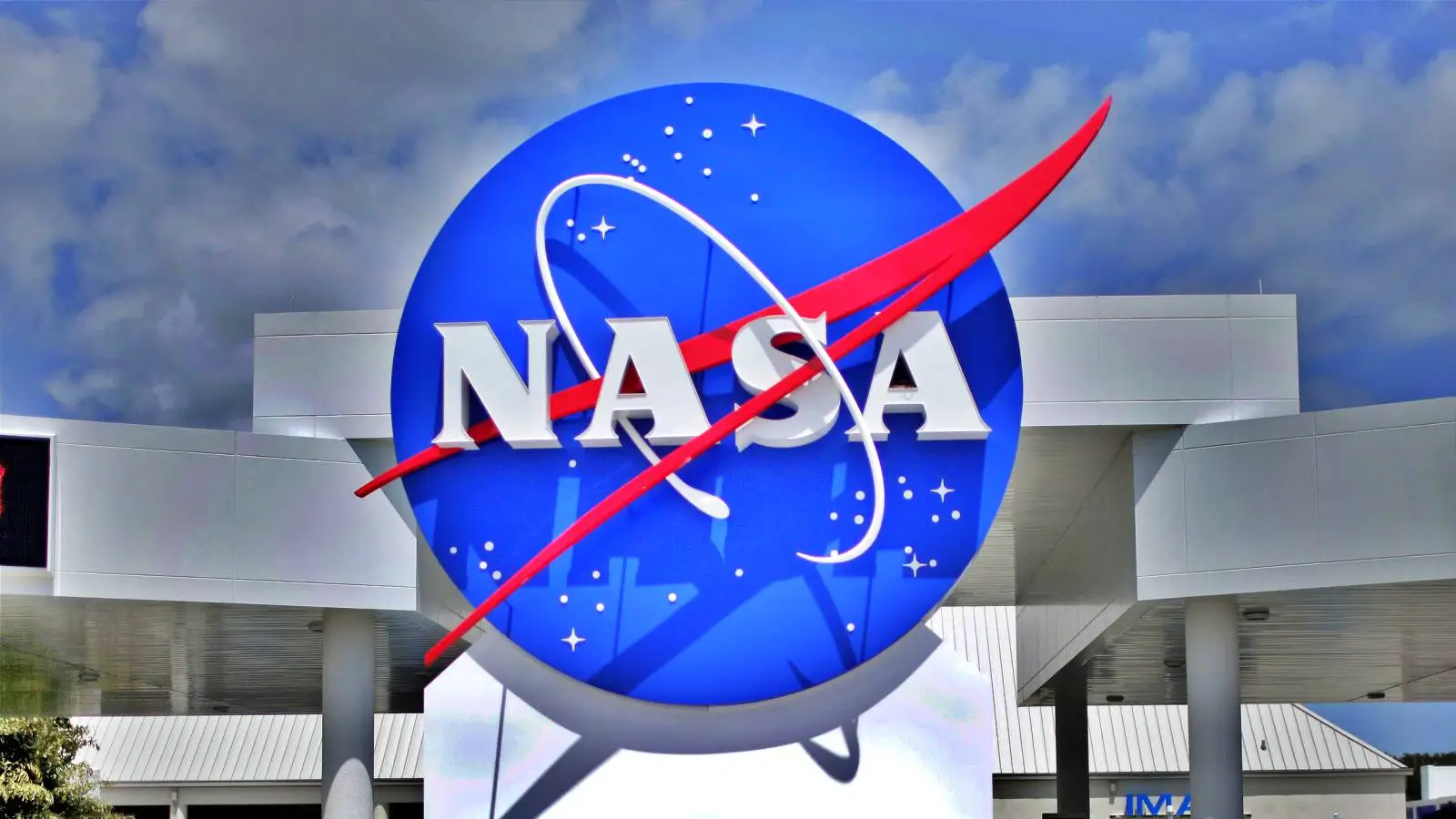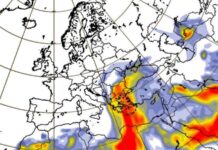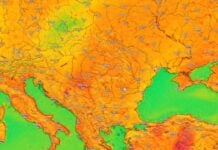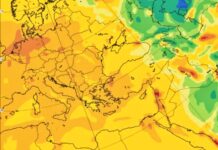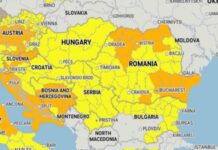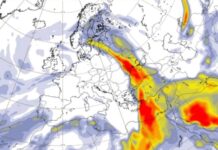NASA is sounding a serious alarm signal for the whole world right now, and this is because billions of people need to know what will happen in the following days after a powerful solar eruption will have its effects felt on Earth. Yesterday humanity was affected by a series of solar explosions that generated a short-term interruption of radio transmissions in Europe, but what NASA discovered will affect us in the following days.
NASA discovered that a coronal mass ejection, CME, of very high intensity took place on the surface of the sun these days, it could hit the Earth during the day of August 29, and the effects could be very strong, unfortunately. We are talking about the auroras that are usually formed when the Earth is hit by solar radiation, but NASA also talks about interference in radio transmissions, GPS localization, and more.
NASA Fires an ALARM Signal, the Whole World WARNED by Researchers
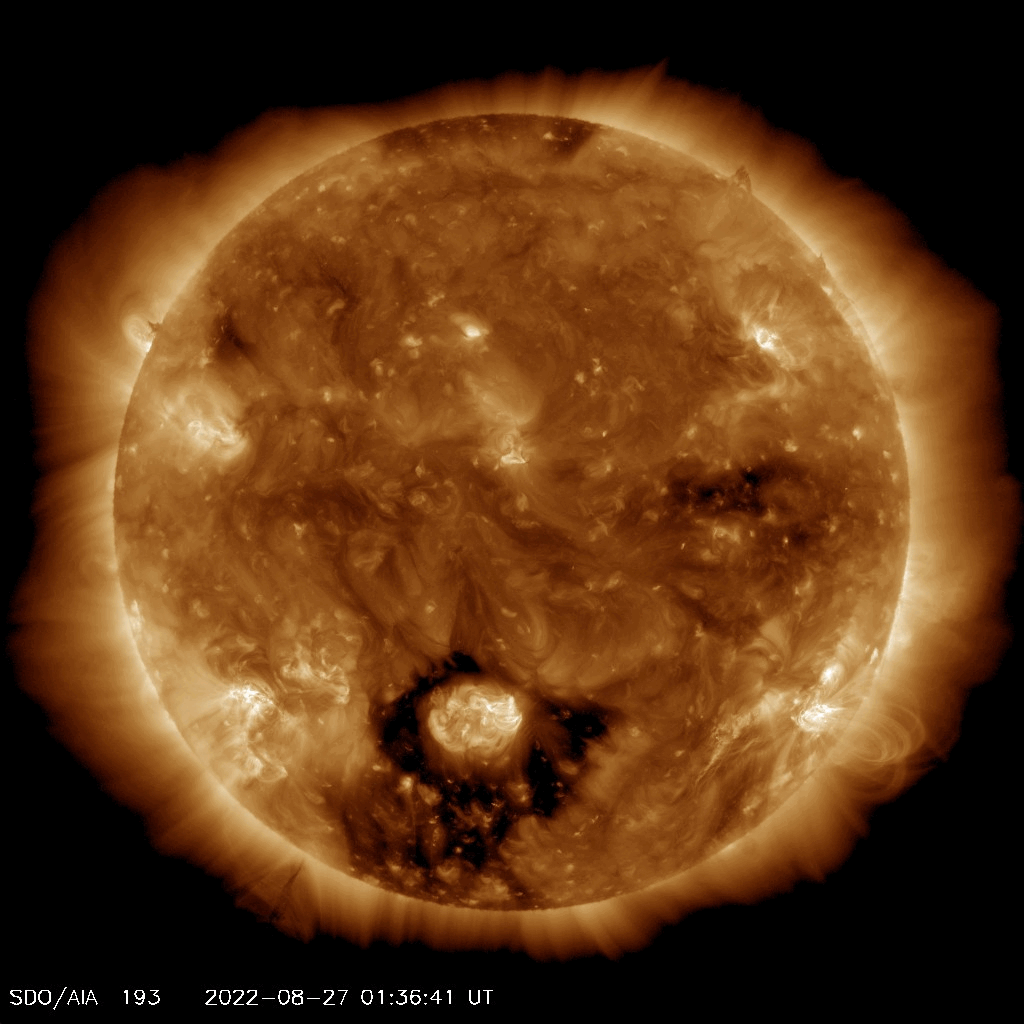
NASA warned us that the sun would during this period reach a maximum intensity within its 11-year solar cycle, so it is expected that we will see new solar explosions, or coronal mass ejections, that will affect the Earth . The chances that the radiation of this explosion will hit the earth are 50%, because NASA experts are not sure that it took place in the near or far side of the sun, so it remains to be seen what the impact will be.
NASA also detected a series of M-class solar flares last night, just like the ones that caused problems with radio transmissions in Europe yesterday, but it is not known when, or if, they will hit Europe. The latter are also very dangerous, and those from NASA are trying to warn everyone about what is happening in order to be prepared before the effects of the explosions appear.
NASA continues to monitor the sun's activity during this period, and will more than likely detect all the solar explosions that will take place, but what impact they may have on the Earth, and when they might hit, still remains to be seen.
As we inch closer to solar maximum, we will see a continuous crescendo of solar activity resulting in more beautiful and powerful imagery from our Sun. These images showcase moderate flares captured by SDO earlier today. Learn more: https://t.co/7i7xSZpDuf pic.twitter.com/vTjS5FvPOG
— NASA Sun & Space (@NASASun) August 26


